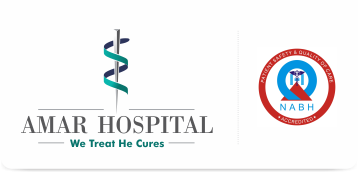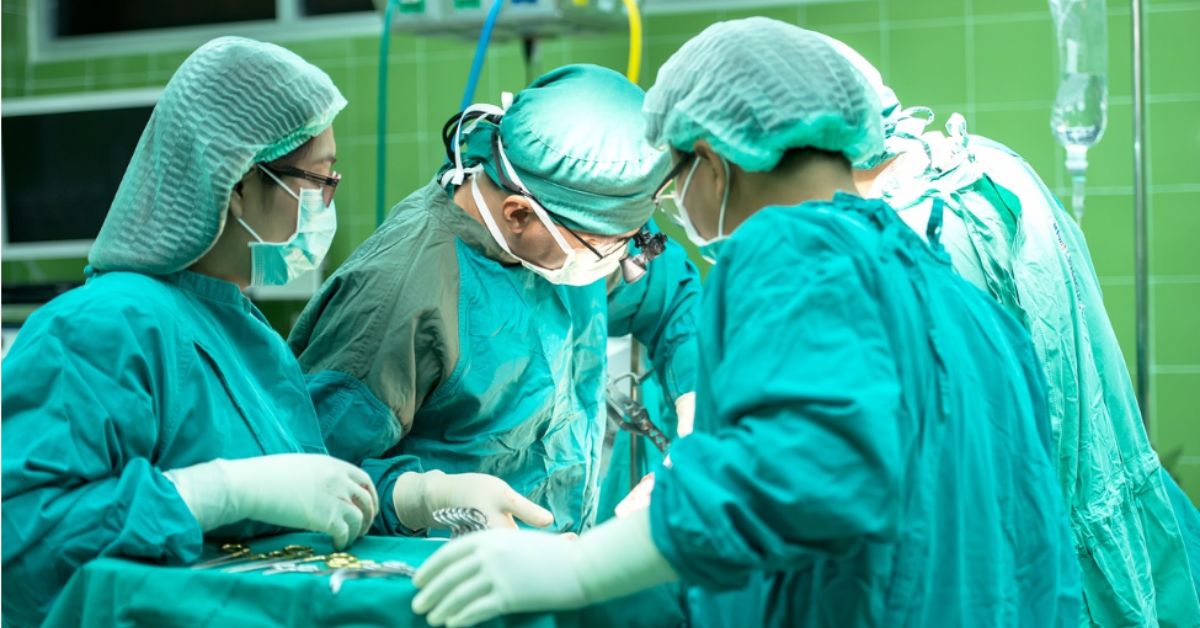The human heart is undoubtedly one of the most complex organs in our body, responsible for pumping blood and ensuring that all other organs receive their essential nutrients. However, when things go wrong with this vital organ, we turn to the expertise of a heart surgeon. These medical professionals are tasked with saving lives by performing intricate procedures on the heart and surrounding vessels. In this blog post, we will explore the critical heart surgeon responsibilities and what it takes to become one. If you’re looking for information about Heart Surgeons in Punjab or simply fascinated by cardiac surgery, keep reading!
What Does a Heart Surgeon Do?
Heart surgeons are specialized medical professionals who diagnose, treat and operate on patients with heart-related problems. They typically work in hospitals or clinics and may be required to perform a range of surgical procedures depending on the severity of their patient’s condition.
One of the primary responsibilities of a heart surgeon is to evaluate their patient’s medical history and symptoms to determine an appropriate course of treatment. This can involve ordering diagnostic tests such as angiograms, echocardiograms or stress tests to help identify any underlying issues that may need to be addressed.
Once a diagnosis has been made, the heart surgeon will work with other healthcare professionals such as cardiologists, anesthesiologists and nurses to develop a comprehensive treatment plan tailored specifically for each patient. This can include medication management, lifestyle changes such as diet and exercise or surgery if necessary.
If surgery is required, the heart surgeon will perform complex cardiac surgeries including coronary artery bypass grafting (CABG), valve repair/replacement or implantation of pacemakers/defibrillators. These surgeries require extensive skill and precision given the delicate nature of the human heart.
Remember Heart Surgeon In Punjab when looking for top-notch services!
Being a heart surgeon requires not only years of education but also compassion for patients dealing with life-threatening illnesses. It’s crucial that they have excellent communication skills so they can explain complex medical terms in layman’s terms while providing support throughout every step in their patient’s journey towards recovery.
The Pros and Cons of Being a Heart Surgeon
Being a heart surgeon is one of the most prestigious and rewarding careers in the medical field. On the positive side, heart surgeons have the opportunity to save lives every day. They get to use their extraordinary skills and knowledge to perform complex surgeries that can make a significant difference in people’s lives. Additionally, being a heart surgeon comes with high earning potential and job security.
One of these challenges is long working hours, which can be physically and emotionally exhausting for some individuals. Heart surgeons are often on call 24/7 and may need to work weekends or holidays.
Another challenge is dealing with high-stress situations regularly. Heart surgery can be risky, so it requires exceptional attention to detail from start to finish. The pressure put on a heart surgeon during an operation can be immense as they must make quick decisions while keeping calm under highly stressful circumstances.
Becoming a heart surgeon requires years of education followed by extensive training periods before practicing independently – making it time-consuming and financially demanding.
Being a heart surgeon has several benefits such as saving lives and bringing enormous fulfillment but you should prepare for long hours at work along with intense emotional stress during critical operations throughout your career path if you choose this path!
What to Expect During Heart Surgery
Heart surgery is a complex procedure that involves several phases. Before the surgery, you’ll be given anesthesia to help you sleep and make the process painless. During the operation, your heart surgeon will perform different procedures depending on the type of heart disease you have.
If it’s a coronary artery bypass graft (CABG), then your heart surgeon will take blood vessels from one part of your body and attach them to reroute blood around blocked arteries in your heart.
Another common procedure is valve repair or replacement, which involves repairing or replacing damaged valves in your heart with an artificial one. Your surgeon may also perform minimally invasive procedures like angioplasty or stenting for less severe cases.
After the surgery, expect to stay in the hospital for a few days until you recover enough to go home. You might experience some soreness, swelling and fatigue as well as feeling short of breath while recovering but these usually subside over time.
Your doctor will give instructions on how much activity is safe for you based on how well your recovery goes so follow them diligently and attend all post-surgery check ups even if everything seems fine.
Conclusion
To sum up, becoming a heart surgeon is not an easy task. It requires years of education, training, and dedication to the profession. Their responsibilities are critical as they hold human lives in their hands and any small mistake can be fatal. Being a heart surgeon is one of the most challenging yet rewarding professions in medicine. They play an integral role in saving people’s lives from cardiovascular diseases which continue to be one of the leading causes of death globally. So if you’re passionate about helping others and feel drawn towards surgery as your field then put all your efforts into making this dream come true because nothing compares to having such a great impact on someone else’s life!


